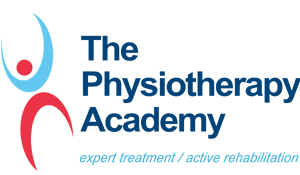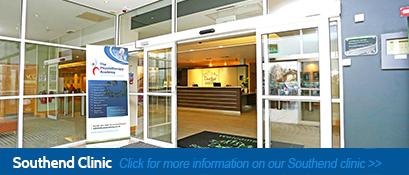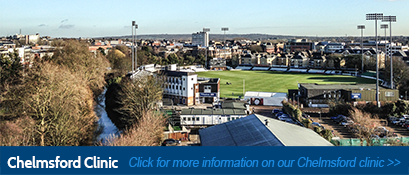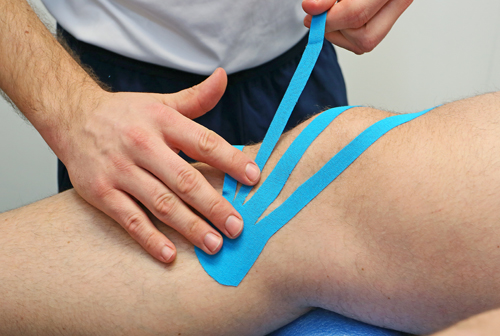Rheumatoid Arthritis
What is it?
Rheumatoid arthritis (RA) is an auto-immune long-term disease of the joints that causes pain, swelling and stiffness. Over time this immune system response to attack the lining of the joints can damage the joint itself, the cartilage and the nearby bone. It commonly affects the hands, feet and wrists initially, but may cause problems in other parts of the body.
A characteristic of RA is flare-ups. These are difficult to predict and cause a period of time where your symptoms become worse. To minimize long-term damage to the joints it is important to reduce this number of flare-ups.
An individual’s risk of RA is increased if you are female, have a family history of RA or you smoke. The main symptoms that you may notice are pain, stiffness and fatigue.
What we do?
Quick diagnosis of RA is important because early treatment can help prevent severe joint damage. However there is no single test that detects RA. An improvement in treatment of RA in recent years has found it is easier to get the condition under control in the early stages. This now usually leads to the individual living a healthy, full and active life.
Diagnosis of RA is not easy. This is mainly because people are not aware of the condition. Symptoms are usually put down to other causes and people wait before seeking medical help. We at The Physiotherapy Academy are trained to spot symptoms of RA and are able to liaise with your GP and Rheumatologists should we feel there is suspicion of this condition.
How can we help?
The physiotherapists at The Physiotherapy Academy may help with early diagnosis and the detection of classic symptoms. Ultimately this condition needs to be managed by a Rheumatologist. The key to effective treatment is the combination of professionals, including physiotherapists.
Physiotherapy plays a large role in the management of this condition as a supportive treatment alongside medication. Physiotherapy is aimed at keeping you mobile, maintaining function and participation in daily activities and hobbies, reducing pain and minimizing flare-ups. We can teach you how to protect your joints and the best exercises to keep them moving and strong.
Characteristically RA can cause stiffness when you first get up in the morning for more than half an hour. We can help design you an individual exercise program to reduce this stiffness and improve your mobility and function.
What should you do?
It is important to see your GP if you think you have symptoms of RA. They will need to carry out some further tests including requesting some blood tests and they may refer you to a Rheumatologist. You can access the NRAS website where there is a lot of information on living with RA.
To arrange an appointment or speak to a physiotherapist, call or email on:
Southend on Sea: 01702 521 042 or info@physioacademy.co.uk
Chelmsford: 01245 254 069 or chelmsford@physioacademy.co.uk





























